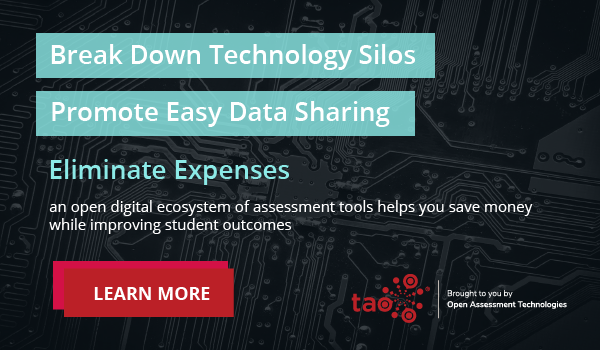Brand reputation can take an organization to new heights, or just as effectively take it down. Preserving brand integrity is a concern for any organization, but for those who are accredited and dealing with professional credentialing and certification, there are a number of risk factors to consider. Take healthcare institutions, for instance. In healthcare provider credentialing, lack of process oversight and data insight can lead to detrimental consequences that negatively impact trust in that institution and the reputation of its credentials. However, these risks extend to any industry in which certification is involved.
Having a credentialing system in place enables accredited organizations to better organize their certification processes by eliminating data silos that can hinder access to decentralized information. A credentialing system can not only streamline data, but can also help organizations across varying industries align with state regulations via IMS standards. These benefits ultimately allow them to establish a top-tier brand identity within their respective industries. In this post, we break down the benefits a credentialing program can deliver for an organization’s brand.
Establish Industry Trust & Recognition
Credentialing programs allow institutions to award certificates, badges or credentials that demonstrate an individual’s mastery of a product or training. They ensure that professionals have the specific tools and skill to get the job they are certified for done. For many industries, these credentials carry a significant amount of weight when it comes to an organization’s reputation and public perception — two factors critical in influencing overall trust.
By implementing a credentialing software platform, organizations can mitigate process errors and gaps in data, and ensure that all participants are meeting the standards held by the program. In addition, credentialing software systems can leverage IMS standards to ensure that the program itself meets specific state regulations. Ultimately, this type of system in credentialing helps eliminate chances of professional incompetence, which can have harrowing effects for your brand’s reputation. Rather, the process the system provides elevates the organization as a rigorous and trusted credentialing institution.
Gain a Competitive Advantage
Trust in their brand ultimately helps an organization gain a competitive advantage, as the industry begins to look toward that credentialing program as a gold standard. This increased visibility is integral to associating your brand with the public. Early adoption of a credentialing system, along with flexible technology that is built to evolve, helps an organization maintain their status as a trusted, competitive program, as well as the value of their credentials. This not only helps increase the competitiveness of the talent pool applying to the program, but also can have an impact when it comes to attracting funding for the institution as a whole.
Increase Member Engagement & Retention
Member engagement and retention also falls in line with gaining a competitive advantage for organizations who implement credentialing software for their program. Members take pride in being a part of a distinguished credentialing program. When the program itself is competitive, the talent pool rises to the top and becomes more acute. Organizations are able to admit top performing talent and are even more likely to retain their members throughout the program. This is due in part to how information and data is streamlined in a credentialing software platform, as well as the ability for participants to mark their successes through badges or milestones. Additionally, when the talent pool is comprised of top-performers, the performance among all participants typically improves.
—
The numerous benefits a software system affords can make a pointed difference in the way an institution’s credentials are perceived and valued. Professional organizations who do not already have software systems in place to manage participants’ credentials should consider a credentialing system to ensure that the integrity of their brand stays intact as their program grows.


